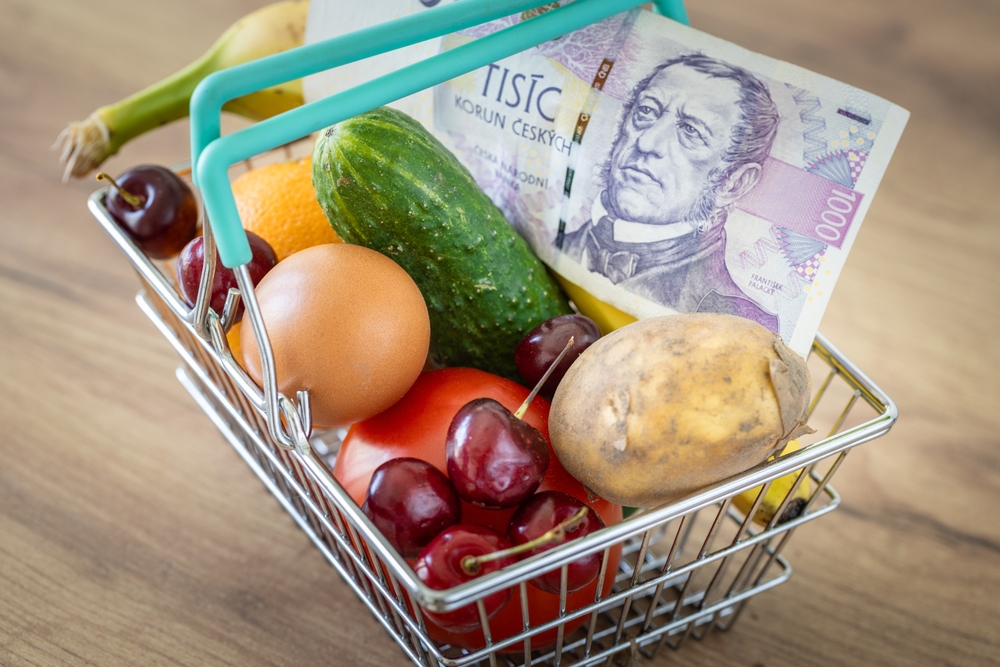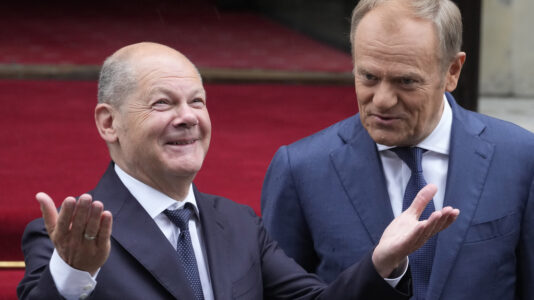Consumer prices in Czechia rose further in October, reflecting ongoing inflationary pressure across key economic sectors. The Czech Statistical Office reported on Monday that prices increased by 2.8 percent year-over-year, up from 2.6 percent in September — however, this figure alone doesn’t tell the whole story.
Analysts predict that if current trends persist, inflation could exceed the Czech National Bank’s (CNB) 3 percent tolerance threshold by the end of the year, spurring potential adjustments in monetary policy.
Housing costs were a primary driver of inflation in October, with significant rises in energy prices. Electricity costs soared by over 10 percent year-over-year, and heating prices saw a similar jump. Rent costs increased by 6.2 percent, highlighting a persistent housing affordability issue across the country, particularly in Prague.
The prices of essential utilities, including water and sewage, also spiked by 11 percent and 13 percent, respectively, further straining household budgets.
“As it seems, the wave of rising housing costs is still not going away,” noted Creditas Bank’s chief economist Petr Dufek, as cited by Echo24.
Many analysts expect these increases to continue into the coming months, potentially adding to inflationary pressure.
In the food sector, the sharpest price increases were observed in butter, which surged by over 40 percent year-over-year. The rise reflects heightened demand for dairy products, compounded by limited supply.
Economist Lukáš Kovanda highlighted that Czechia has seen the EU’s steepest increase in butter prices, fueled by competitive retail practices. Additionally, chocolate and related products rose by 14 percent, influenced by higher costs for raw materials and energy.
One area of respite for Czech consumers has been the decline in fuel prices, which have fallen for the third consecutive month, dropping by 11.4 percent year-over-year. This reduction helped moderate overall inflation, although experts caution that the energy market remains volatile. A potential reversal in fuel prices could add pressure to the broader inflation outlook.
Price hikes extended to services, particularly in catering and accommodation, where prices rose by 6.9 percent and 9 percent year-over-year, respectively. Recreational and cultural services also saw steady growth, with Cyrrus Chief Economist Vít Hradil noting these increases as a “smoldering inflationary ember” in the Czech economy.
A seasonal increase in the prices of clothing, footwear, and certain fruits was also observed in October. Fruit prices, for instance, rose by 5.9 percent due to a lower spring harvest, which drove up the costs of fresh produce.
With inflation expected to breach the CNB’s tolerance limit by December, analysts suggest the central bank may face pressure to reconsider its policy of interest rate cuts. UniCredit Bank’s chief economist, Patrik Rožumberský, anticipates that inflation could exceed 3 percent in December, driven by a low comparative base from last year.
Deloitte’s Chief Economist David Marek suggests that inflation may remain above the CNB’s target as the year closes but could drop below 3 percent in early 2025. However, should inflation stay elevated, the CNB may need to pause rate cuts until inflationary pressures ease.






